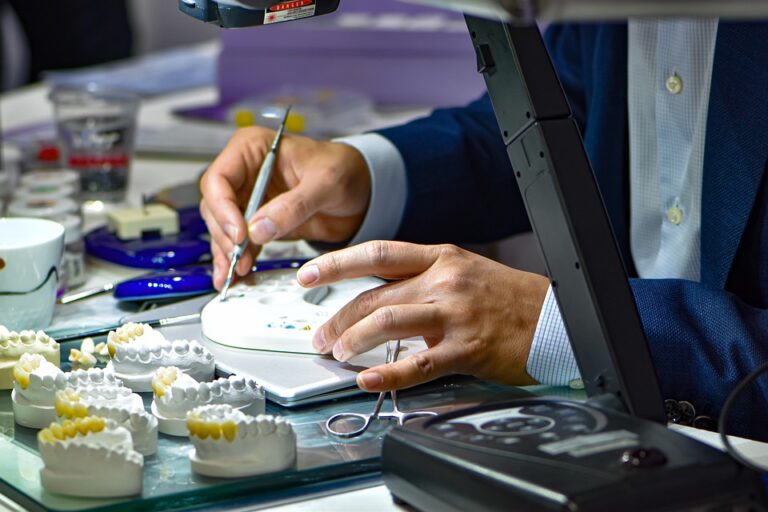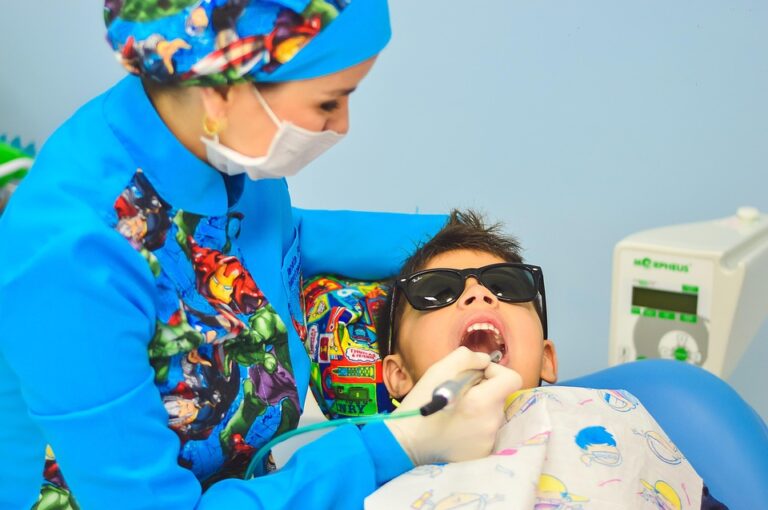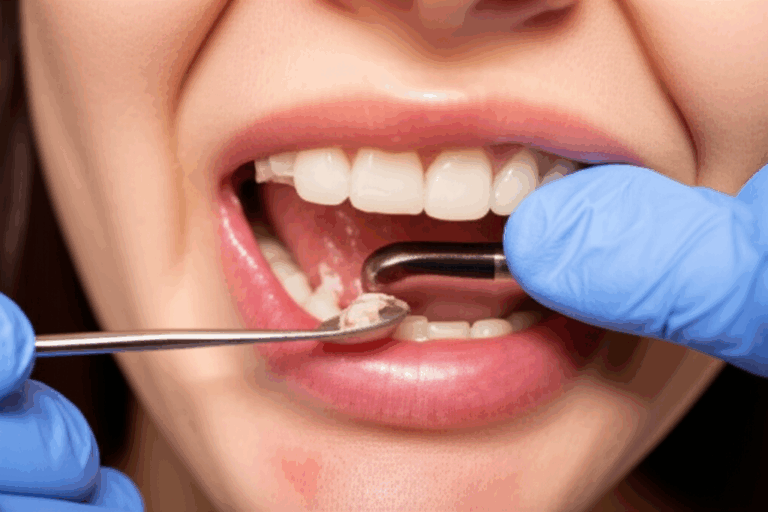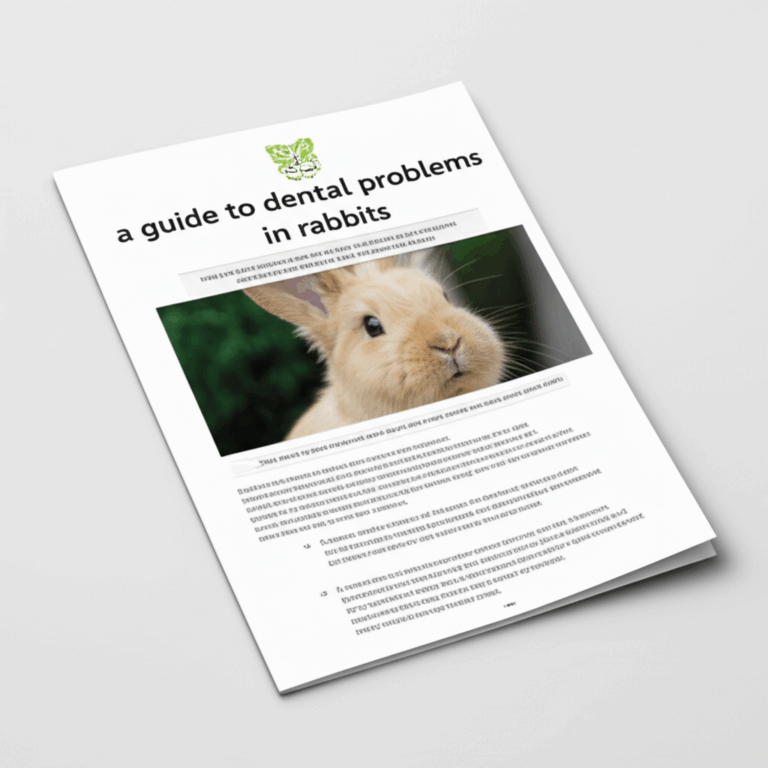
From Hygienist to Dentist: Your Simple Guide to a Career Change
If you’re a dental hygienist and you dream of becoming a dentist, you probably have a lot of questions. This guide will help you see every step you need to take. We’ll talk about what makes this change possible, how it changes your life, and why the move is worth your time. You’ll learn about the skills you’ll need, how to deal with problems, and what your future can look like. Whether you want more independence, a bigger paycheck, or you just really like helping people, this article is for you!
Table of Contents
Can a Dental Hygienist Become a Dentist?
Yes, a dental hygienist can for sure become a dentist!
I remember the first time a coworker told me she was thinking about making the move to become a dentist. She was worried. Was all her hygiene work for nothing? Would she have to start everything from scratch? The good news is: your dental hygiene work is a big help when you apply for dental school. But you do need more school and there isn’t a shortcut “bridge program”—you have to finish the full dental program, like Doctor of Dental Surgery (DDS) or Doctor of Dental Medicine (DMD).
Dental schools look for people who already know how to work with patients, understand teeth and gums, and show care. As a hygienist, you’ve got a head start!
Why Do Dental Hygienists Want to Become Dentists?
Many dental hygienists love helping people, but sometimes they want to do more than they can with a hygiene license. Maybe you want more say in treatment or want to run your own office. Dentists often make the main decisions for patients, lead the dental team, and can do a lot more types of work.
There are some really good reasons too:
- Better pay: Dentists earn a much higher wage.
- More skills: You’ll be able to find out why patients have problems, not just clean teeth.
- Leadership: Dentists usually lead teams or own offices.
- Growing professionally: You can train even more in things like prosthodontics, braces, or mouth surgery.
In short, if you want a new challenge, becoming a dentist can give you that.
What’s the Difference Between a Dental Hygienist and a Dentist?
Let’s make things clear! While a dental hygienist mostly cleans teeth, takes x-rays, and teaches people about caring for their teeth, a dentist does much more.
Here’s a simple table:
| Job | Main Tasks | Schooling Needed | What You Can Do |
|---|---|---|---|
| Hygienist | Clean teeth, check ups, x-rays, teach | Associate’s/Bachelor’s | Can’t diagnose or do surgery |
| Dentist | Diagnosis, treatment, surgery, lead teams | DDS or DMD | Full care, can own a practice |
Dentists lead the team. They find dental problems, plan care, and do hard treatments. Hygienists work closely with people, but only dentists have full duty for fixing teeth and problems.
What Do You Need Before Going to Dental School?
Check your education first. Do you have a bachelor’s degree? Most dental schools want you to have one—even if you already finished dental hygiene school. Plus, you need good grades, mostly in science classes.
For future dentists:
- Bachelor’s degree: Almost always needed.
- Science classes: Biology, Chemistry, Organic Chemistry, Physics, Biochemistry.
- Grades: Good overall and science marks (usually above 3.0).
- Dental Admission Test (DAT): You have to take and do well.
- Experience: Shadow a dentist and volunteer.
- Steady hands: Being good with your hands is important! Hobbies like drawing or making things can help.
- Letters of recommendation: Get these from dentists, teachers, or bosses.
If you missed any science classes, schools may ask you to take them before you can apply.
How Hard is the Dental School Application?
To be honest, it’s tough. Dental school wants students who are smart, hard-working, and good with people. But don’t worry! Your time as a hygienist sets you apart—if you show what you learned while working.
The steps go like this:
Tip: Some schools really like people with “non-traditional backgrounds.” Tell your story about moving from hygiene to dentistry.
What Is Dental School Like?
Dental school is hard but worth it. It lasts about four years and goes like this:
- First two years: You study science—like biology, anatomy, germs, body systems, and more. You’ll also learn about dental stuff and practice on fake mouths in labs.
- Third and fourth years: You start working with real patients (with teachers helping). You go through parts like working with kids, mouth surgery, root canals, and gum care. Practice a lot with dental tools.
- Tests: You have to pass the National Board Dental Exam (NBDE or INBDE) and a hands-on test before you’re done.
Dental school is intense. You’ll need to plan your time and study well, but you’ll also make friends and learn skills for life.
What Are the Benefits of Switching from Hygienist to Dentist?
After time as a hygienist, you know a lot about helping people with their teeth. That gives you a real head start compared to others. Here’s why:
- Real clinic experience: You already know how to help worried patients and spot dental problems.
- Good at talking to people: You’ve taught patients and understand worry about the dentist.
- Teamwork: You know how a dental office works and how to talk to others on the team.
- Focus on prevention: Your hygiene skills mean you care about stopping problems early.
- You know patients’ needs: You’ve seen why people avoid the dentist and how to help them.
Schools really like people who know what working in a dental office is really like.
If you want to learn more about the science behind a healthy mouth, check out some neat teeth information.
What Are the Biggest Challenges?
But it’s not always easy. Becoming a dentist after working as a hygienist takes a lot of effort. Here’s what some people find hard:
- Time: Dental school takes four years. You might need extra classes too. Most people quit their jobs or work less while in school.
- Money: Dental school is expensive. Some students have big loans for school and living.
- Classes: Going back to hard science classes can be a big change. If you haven’t taken biology or chemistry in a while, you may need to study on your own first.
- Stress: Dental school is tough. Balancing school, life, and money takes work.
- Lots of competitors: Dental schools only let a few people in.
Break big jobs into small steps. Make friends, get help, and keep your end goal in mind!
Are There Other Smart Choices Besides Becoming a Dentist?
Yes! Being a dentist is great, but it’s not the only way. If you love helping people but don’t want more school loans, think about:
- More Hygiene Degrees: Get a master’s or even a PhD in dental hygiene. Teach at a dental ceramics lab or lead a program.
- Teaching: Work in a college training new hygienists or dental assistants.
- Public health: Help whole towns and groups learn about teeth and mouth care.
- Business: Run a clinic or manage a digital dental lab.
- Finding new things: Study new dental tools, cures, or better ways to care for teeth.
Look at your interests, talk to experts, and pick what fits you best.
Frequently Asked Questions
Q: Will my dental hygiene work make dental school shorter?
A: No. You still have to do the full program, but your background helps you with real patient care and talking to people.
Q: Can dental hygienists pick specialties like braces?
A: Yes, after finishing dental school and getting your DDS or DMD you can try for special training in areas like braces, surgery, or kids’ dentistry.
Q: How much is dental school?
A: Tuition is different everywhere but can be $40,000 to over $70,000 a year. There are scholarships, loans, and grants.
Q: What tests do I need to pass?
A: The DAT before school, the NBDE/INBDE in school, and a skills test before working as a dentist.
Q: Will my dental hygiene bachelor’s count for dental school?
A: Many schools accept it, as long as you did the science classes they ask for.
Key Takeaways
- Dental hygienists can become dentists—it’s been done, but you do need to go through dental school.
- You already have real clinic experience and people skills, which helps when you apply for dental school.
- Get ready for hard science classes, paperwork, and interviews.
- Dental school takes time and money, but lets you do more and earn more.
- Think about other jobs too—like teaching or public health, if you want something different.
- Start now. Talk to an advisor, shadow a dentist, and get started!
Further Reading:
- To learn about new tools and materials in dentistry, visit this zirconia dental lab.
- Want tips on keeping people’s teeth looking good? Read about dental care and aesthetics.
Your dentist future can begin with just one question. Stay interested, work hard, and remember—every big thing starts with a dream and a plan!








